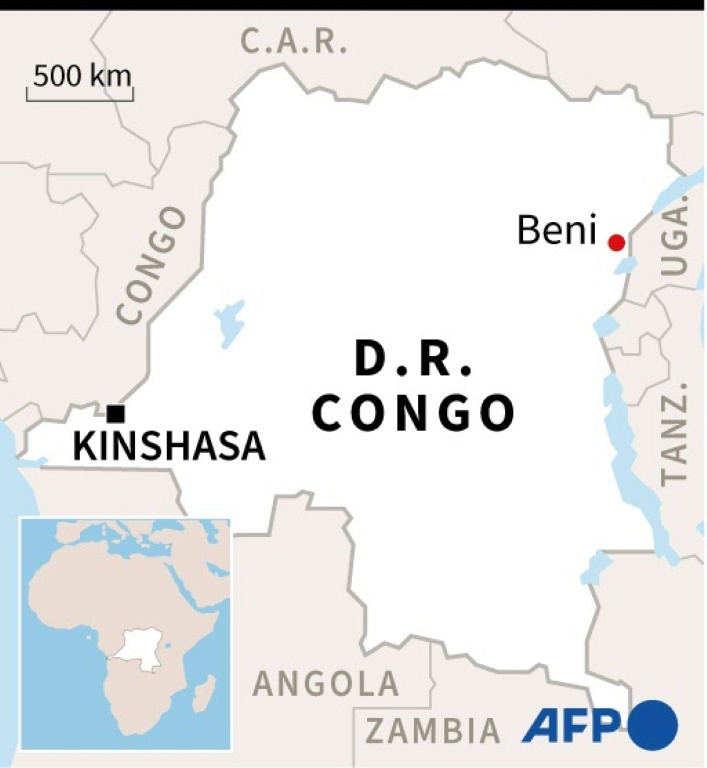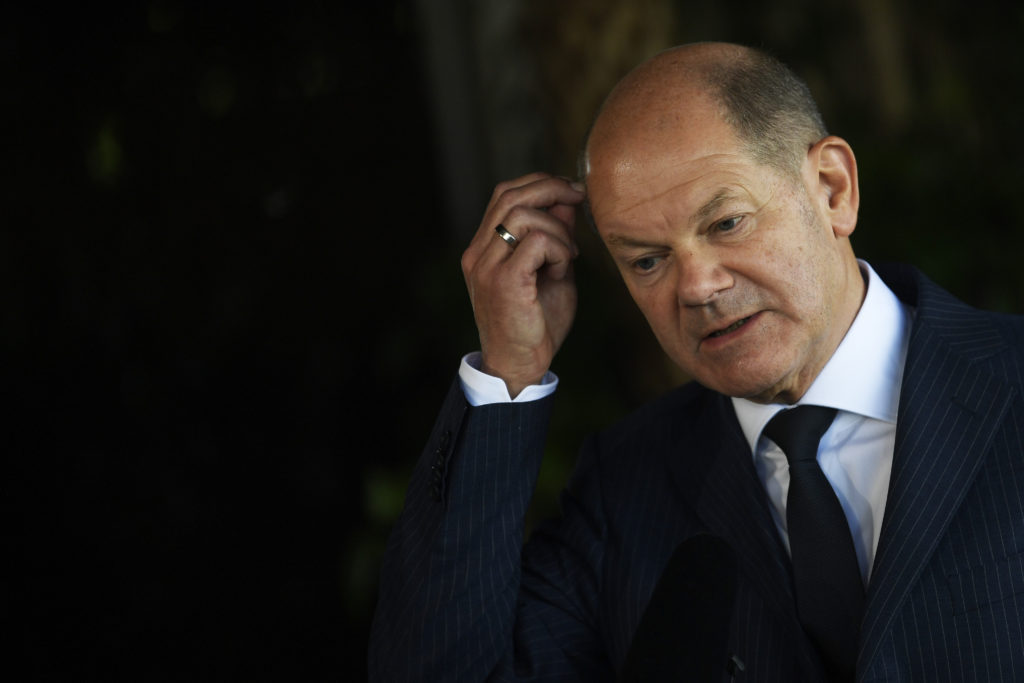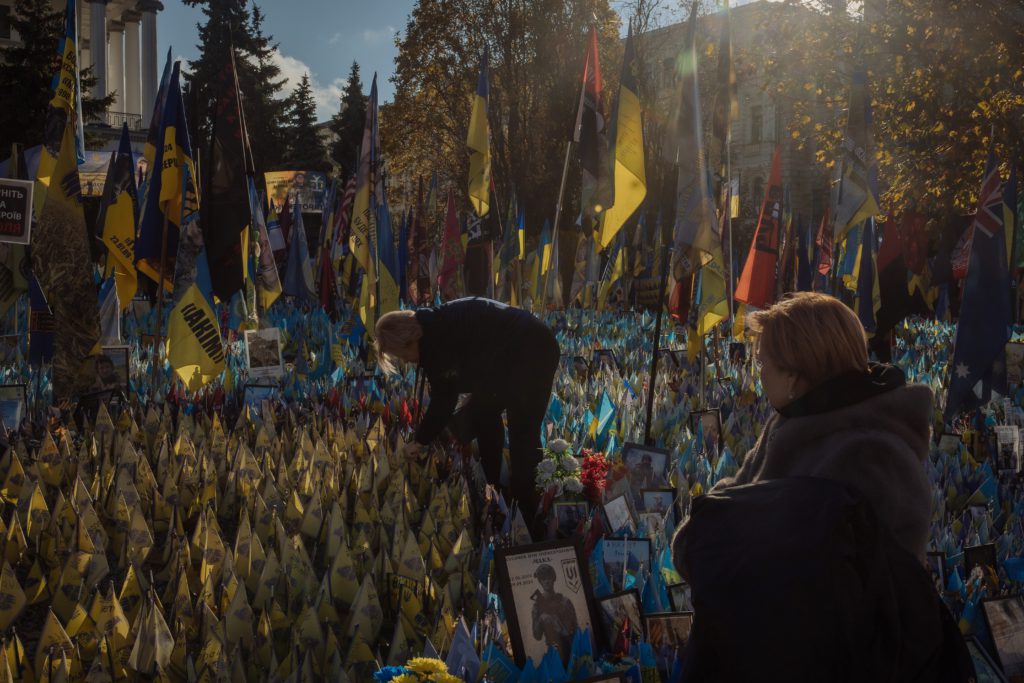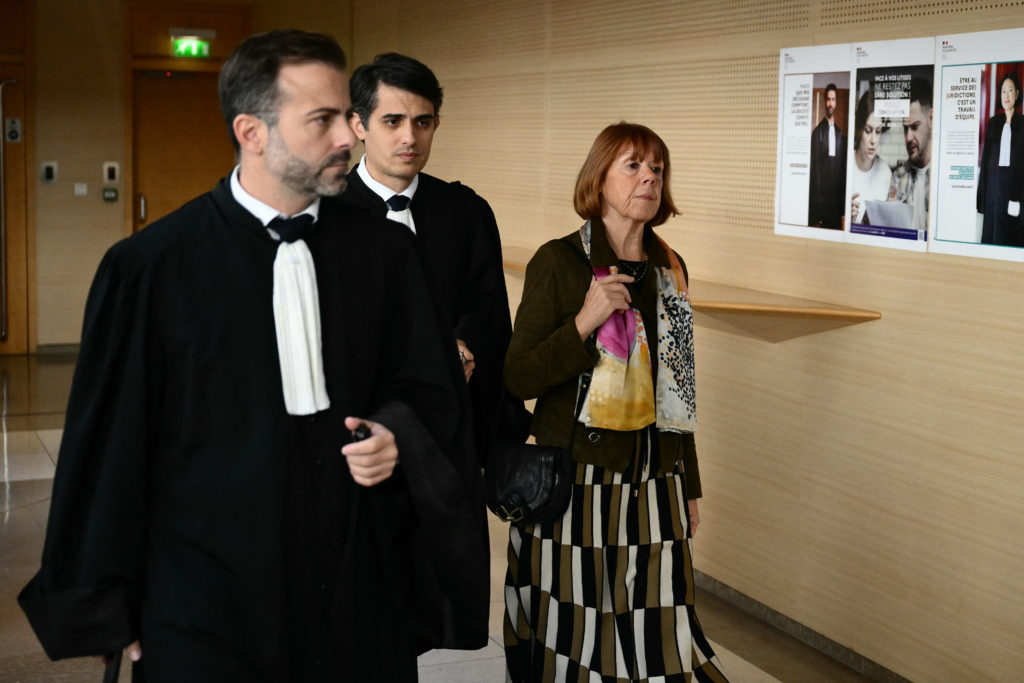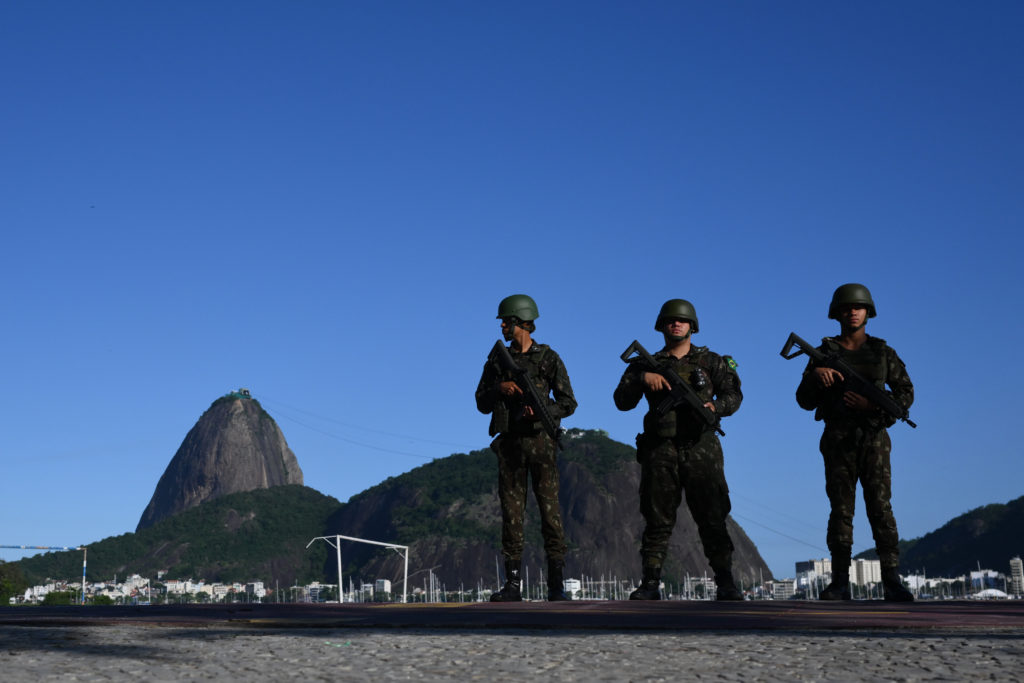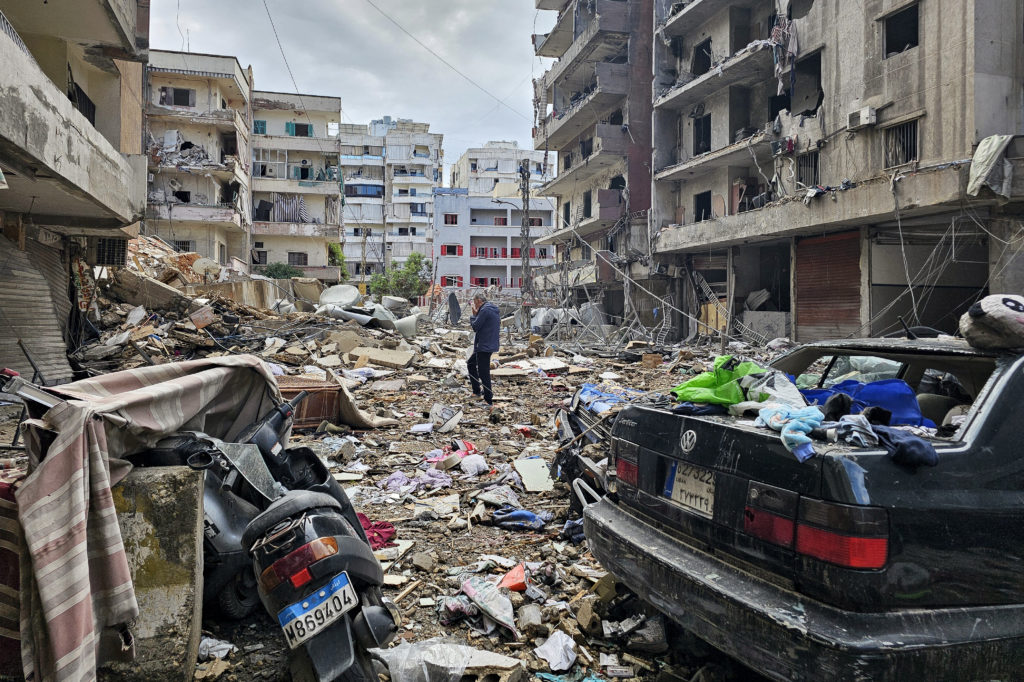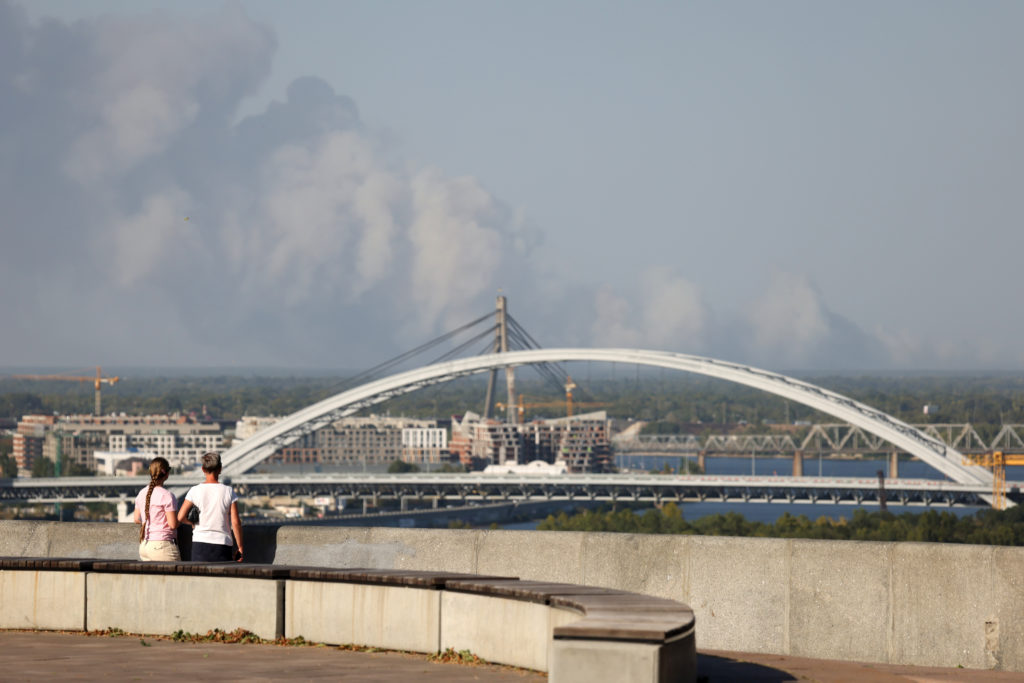The death toll from the suicide attack in the eastern city of Beni, on the Democratic Republic of Congo’s eastern border with Uganda, has risen to seven, officials said Sunday.
The Christmas Day bombing at a crowded nightspot in the city centre also wounded 20 people, according to the updated toll issued by the authorities.
The military officers currently running the city under the state of emergency have blamed the Allied Democratic Forces (ADF), one of the deadliest armed groups in the region, for the attack.
“At the current time, the provisional toll comes to eight dead, including a captain of the 22nd brigade who was at the restaurant with his wife and children,” as well as the suicide bomber, said Communications Minister Patrick Muyaya.
Among the wounded were two young girls, two young boys, two women with fractures to their legs and two seriously wounded women, he added. Two local officials were also among the wounded.
Lieutenant General Constant Ndima, the military governor of North Kivu, said identification of the bomber was difficult because of the state of the body but he remained confident it could be done.
North Kivu province sits just south of Ituri province and on DR Congo’s border with Uganda.
Both provinces have been under a “state of siege” since May, during which Congo’s army has taken control to facilitate operations against the ADF and other militia operating there.
On November 30, the DRC and Uganda launched a joint operation against the ADF in the east of the country to try to quell the bloody ADF attacks. Uganda has also blamed the group for a string of attacks on its territory.
The ADF was historically a Ugandan rebel coalition whose biggest group comprised Muslims opposed to Ugandan President Yoweri Museveni.
But it established itself in eastern DRC in 1995, becoming the deadliest of scores of outlawed forces in the troubled region.
It has been blamed for the killings of thousands of civilians over the past decade in the DRC, as well as for bombings in the Ugandan capital Kampala.
The Islamic State group presents the ADF as its regional branch — the Islamic State Central Africa Province, or ISCAP.
On March 11 this year, the United States placed the ADF on its list of “terrorist groups” affiliated with IS jihadists.

